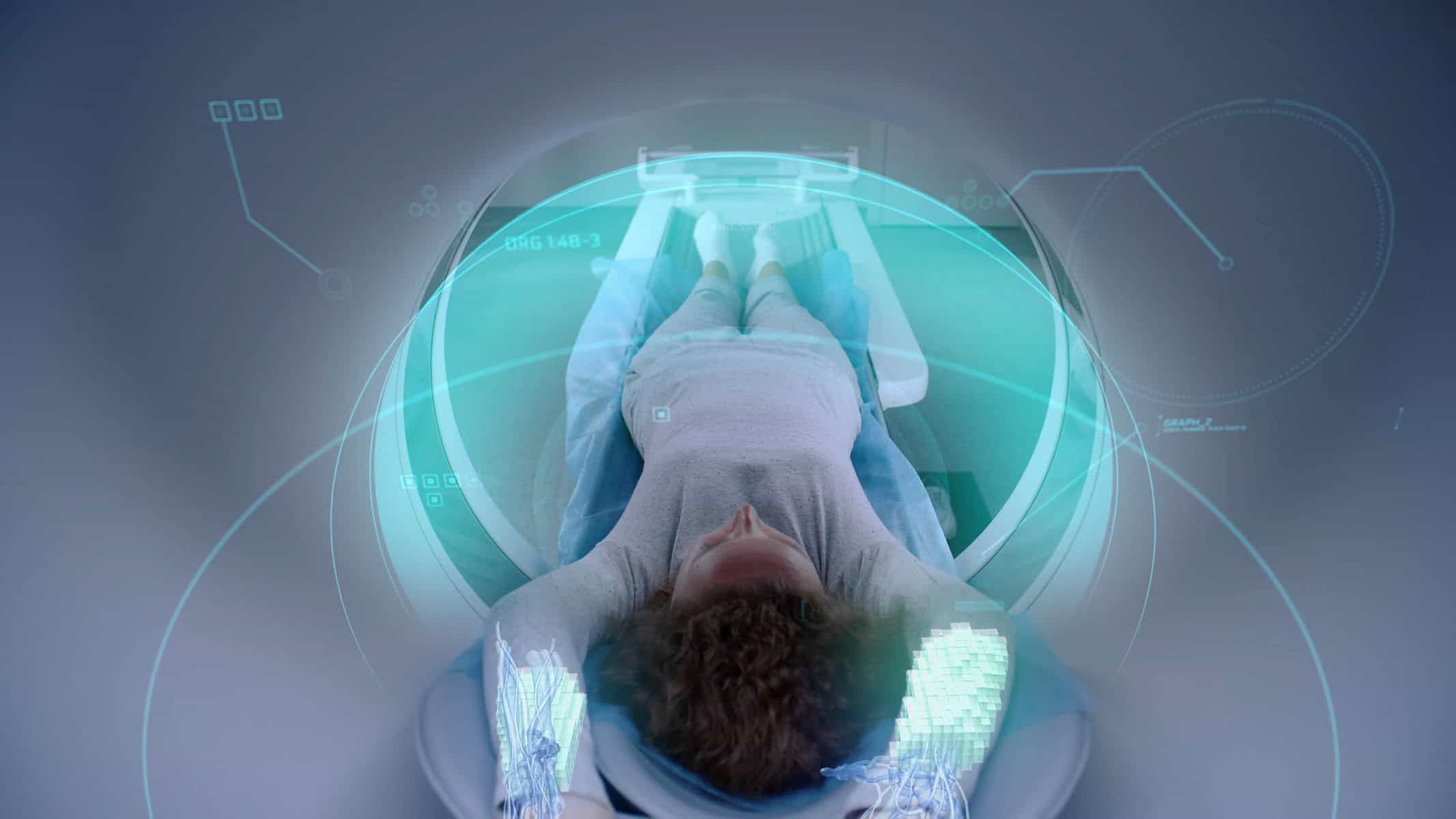Comprehensive Care for Haematuria
Address haematuria with expert care at The Forbury Clinic. Submit an enquiry for a consultation and discover our advanced diagnostic and treatment options.

Overview of Haematuria
Haematuria, or blood in the urine, can be alarming and may indicate a variety of underlying health conditions. While sometimes harmless, it can also be a sign of serious issues such as infections, kidney stones, or bladder cancer. Early diagnosis and treatment are crucial to address the root cause and prevent complications. At The Forbury Clinic, we specialise in diagnosing and treating haematuria with personalised care and state-of-the-art techniques. Contact us today to learn more and schedule a consultation.


What is Haematuria?
Haematuria is the presence of blood in the urine, which can be visible to the naked eye (gross haematuria) or detectable only under a microscope (microscopic haematuria). Blood in the urine can originate from any part of the urinary tract, including the kidneys, ureters, bladder, or urethra. Common symptoms associated with haematuria include pink, red, or cola-coloured urine, pain or burning sensation during urination, frequent urge to urinate, and, in some cases, back or abdominal pain. While haematuria itself is not a disease, it is often a symptom of an underlying condition that requires medical attention to diagnose and treat effectively.
Causes and Risk Factors
Causes
Haematuria can result from various conditions, including:
Urinary Tract Infections (UTIs):
Infections in the urinary system can cause inflammation and bleeding.
Kidney Stones:
Hard mineral deposits in the kidneys can cause bleeding as they move through the urinary tract.
Bladder or Kidney Infections:
Infections can irritate the lining of the bladder or kidneys, leading to bleeding.
Prostate Issues:
Enlarged prostate or prostatitis can cause haematuria in men.
Bladder or Kidney Cancer:
Tumours in the bladder or kidneys can cause blood in the urine.
Inherited Disorders:
Conditions such as sickle cell anaemia or Alport syndrome can lead to haematuria.
Risk Factors
Age:
Older adults are more likely to develop haematuria due to age-related changes in the urinary system.
Gender:
Men are more prone to haematuria, especially if they have an enlarged prostate.
Family History:
A family history of kidney disease or bladder cancer can increase the risk.
Certain Medications:
Blood thinners, such as aspirin and anticoagulants, can increase the likelihood of bleeding in the urinary tract.
Strenuous Exercise:
Vigorous exercise, often called “exercise-induced haematuria,” can cause temporary blood in the urine.
Diagnosis
Diagnosing haematuria involves a thorough evaluation at The Forbury Clinic. The diagnostic process includes:
- Medical History and Physical Examination: Discussing symptoms, medical history, and lifestyle factors with a specialist.
- Urine Tests: Analysing urine samples to detect the presence of red blood cells, white blood cells, or bacteria.
- Blood Tests: Checking for signs of kidney disease, blood disorders, or other underlying conditions.
- Imaging Tests: Utilising ultrasound, CT scans, or MRI to visualise the kidneys, ureters, and bladder and identify abnormalities.
- Cystoscopy: A procedure in which a thin tube with a camera (cystoscope) is inserted through the urethra to examine the bladder and urethra for signs of disease.
These diagnostic tools ensure a comprehensive and accurate diagnosis, allowing for effective treatment planning.

Treatment of Haematuria
At The Forbury Clinic, we offer a range of treatment options for haematuria, tailored to each patient’s specific needs.
- Non-Surgical Treatments
- Surgical Treatments
- Innovative Treatments
Antibiotics:
Prescribed if a urinary tract infection or kidney infection is the cause of haematuria.
Medications:
For conditions such as an enlarged prostate, medications may be used to reduce symptoms and control bleeding.
Hydration:
Increasing fluid intake can help flush out the urinary system and prevent the formation of kidney stones.
Bladder or Kidney Stone Removal:
Procedures such as extracorporeal shock wave lithotripsy (ESWL) or ureteroscopy to remove stones causing haematuria.
Tumour Removal:
Surgical removal of tumours in the bladder or kidneys if cancer is detected.
Prostate Surgery:
Procedures to treat an enlarged prostate, such as transurethral resection of the prostate (TURP).
Minimally Invasive Techniques:
Using the latest technology, our specialists perform procedures with minimal incisions, reducing recovery time and improving outcomes.
Intravesical Therapy:
For certain bladder conditions, medication can be directly instilled into the bladder to treat the underlying issue.
Managing Bladder Conditions
Managing haematuria involves a combination of medical treatments and lifestyle adjustments:
Hydration:
Drinking plenty of fluids to maintain a healthy urinary system.
Avoiding Irritants:
Reducing intake of caffeine, alcohol, and spicy foods that can irritate the bladder.
Regular Monitoring:
Follow-up appointments at The Forbury Clinic to monitor the condition and prevent recurrence.
These management strategies complement medical treatments and provide a holistic approach to maintaining urinary health and overall well-being.
Complications
- Kidney Damage: Untreated haematuria caused by kidney stones or infections can lead to kidney damage.
- Infections: Recurrent urinary tract infections can result from untreated haematuria.
- Chronic Pain: Persistent pain and discomfort if underlying conditions are not addressed.
Prognosis
With prompt and appropriate treatment, the prognosis for haematuria is generally excellent. Most patients experience significant symptom relief and a full recovery. Preventative measures and regular follow-ups can help reduce the risk of recurrence and ensure long-term urinary health.


Why Choose The Forbury Clinic?
Choosing The Forbury Clinic for your haematuria treatment ensures you receive exceptional care from a team of experienced specialists. Our clinic is renowned for its expert medical staff, who are dedicated to providing precise diagnoses and effective treatments tailored to each patient’s needs. We utilise cutting-edge technology and the latest medical advancements to offer innovative solutions for haematuria and other urinary conditions. Our patient-centred approach prioritises your comfort, privacy, and overall well-being, ensuring a supportive and compassionate environment. With comprehensive diagnostic and therapeutic services, The Forbury Clinic is committed to helping you achieve optimal urinary health and a better quality of life.